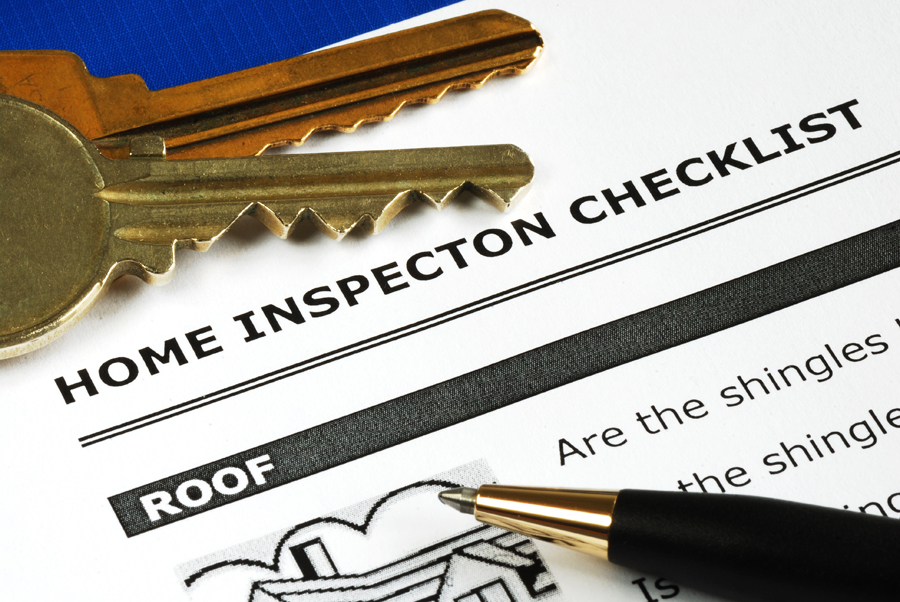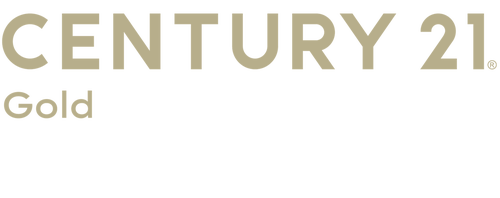 Are you in the midst of the exciting journey of purchasing a new home? If so, you’ve likely heard about the crucial step of conducting a home inspection. This process involves hiring a professional to thoroughly evaluate the condition of the property you’re eyeing. While a home inspection might come with a price tag, the investment could potentially save you from unforeseen expenses and headaches down the road. In this blog, we’ll dive into the benefits and issues surrounding paying for a home inspection when buying a home.
Are you in the midst of the exciting journey of purchasing a new home? If so, you’ve likely heard about the crucial step of conducting a home inspection. This process involves hiring a professional to thoroughly evaluate the condition of the property you’re eyeing. While a home inspection might come with a price tag, the investment could potentially save you from unforeseen expenses and headaches down the road. In this blog, we’ll dive into the benefits and issues surrounding paying for a home inspection when buying a home.
Benefits:
- Unveiling Hidden Problems: A professional home inspection can reveal issues that might not be obvious to the untrained eye. From structural problems to plumbing and electrical issues, a comprehensive inspection provides you with a clear picture of the property’s condition.
- Negotiation Power: Armed with a detailed inspection report, you gain negotiating leverage. If the inspection reveals significant problems, you can request repairs, a price reduction, or even back out of the deal if the issues are too severe.
- Cost Savings: While paying for an inspection might seem like an added expense, it can save you money in the long run. Uncovering major problems early on allows you to make informed decisions and avoid sinking money into a property that requires extensive repairs.
- Peace of Mind: Knowing the true state of the property you’re purchasing provides peace of mind. You can move forward with confidence, knowing that you’re making an informed decision about one of the most significant investments of your life.
- Future Planning: A home inspection report not only points out current issues but also offers insights into potential problems that could arise in the future. This information enables you to plan for necessary repairs or upgrades down the line.
Issues:
- Cost: One of the most apparent drawbacks of a home inspection is the cost associated with it. Inspections can range in price depending on the size of the property, location, and the extent of the evaluation. However, considering the potential expenses you might avoid, this cost can be seen as an investment rather than an expense.
- Deal Delays: Depending on the inspection findings, negotiations for repairs or price adjustments could lead to delays in the closing process. While this can be frustrating, it’s important to remember that these delays are often in the interest of ensuring a sound investment.
- Limited Scope: Home inspections have limitations. They might not uncover every possible issue, especially if problems are hidden behind walls or inaccessible areas. Specialized inspections might be required for issues like mold, radon, or pests.
- Emotional Attachment: Falling in love with a house can cloud your judgment. A detailed inspection report might reveal issues that challenge your emotional attachment to the property, leading to difficult decisions.
- Professional Variability: The quality of the inspection largely depends on the expertise of the inspector you hire. Choosing a reputable and experienced inspector is crucial to ensuring a thorough evaluation.
In conclusion, paying for a home inspection when buying a home comes with both benefits and issues. While the cost might seem like a burden at first, the insights gained and potential savings in the long run make it a worthwhile investment. A home inspection empowers you to make informed decisions, negotiate effectively, and avoid costly surprises. However, it’s essential to recognize the limitations of inspections and be prepared for the potential delays and emotional challenges they might introduce. Remember, a home inspection is a valuable tool that ultimately contributes to your peace of mind and financial well-being as a homeowner.


 Facebook
Facebook
 X
X
 Pinterest
Pinterest
 Copy Link
Copy Link

